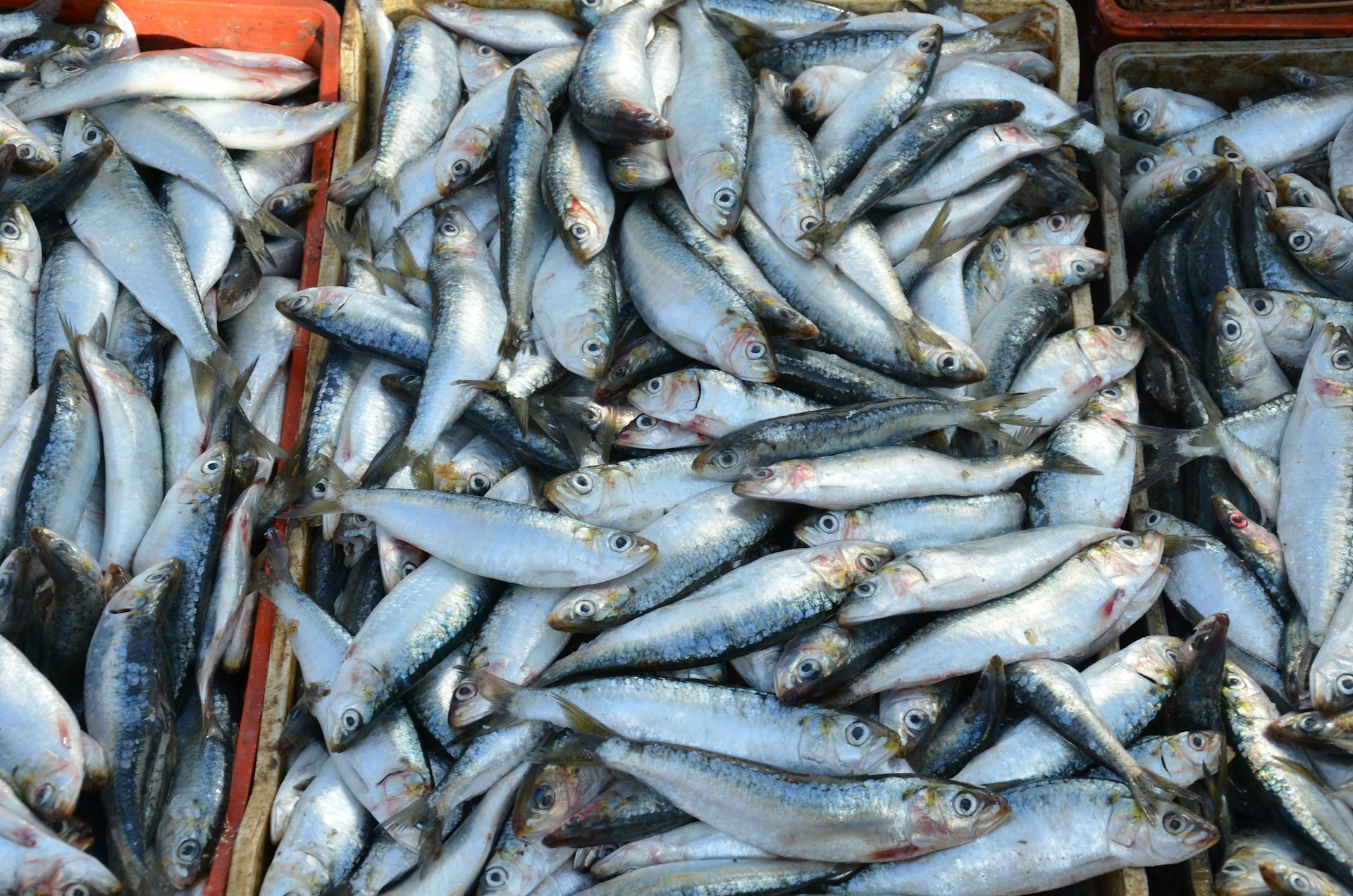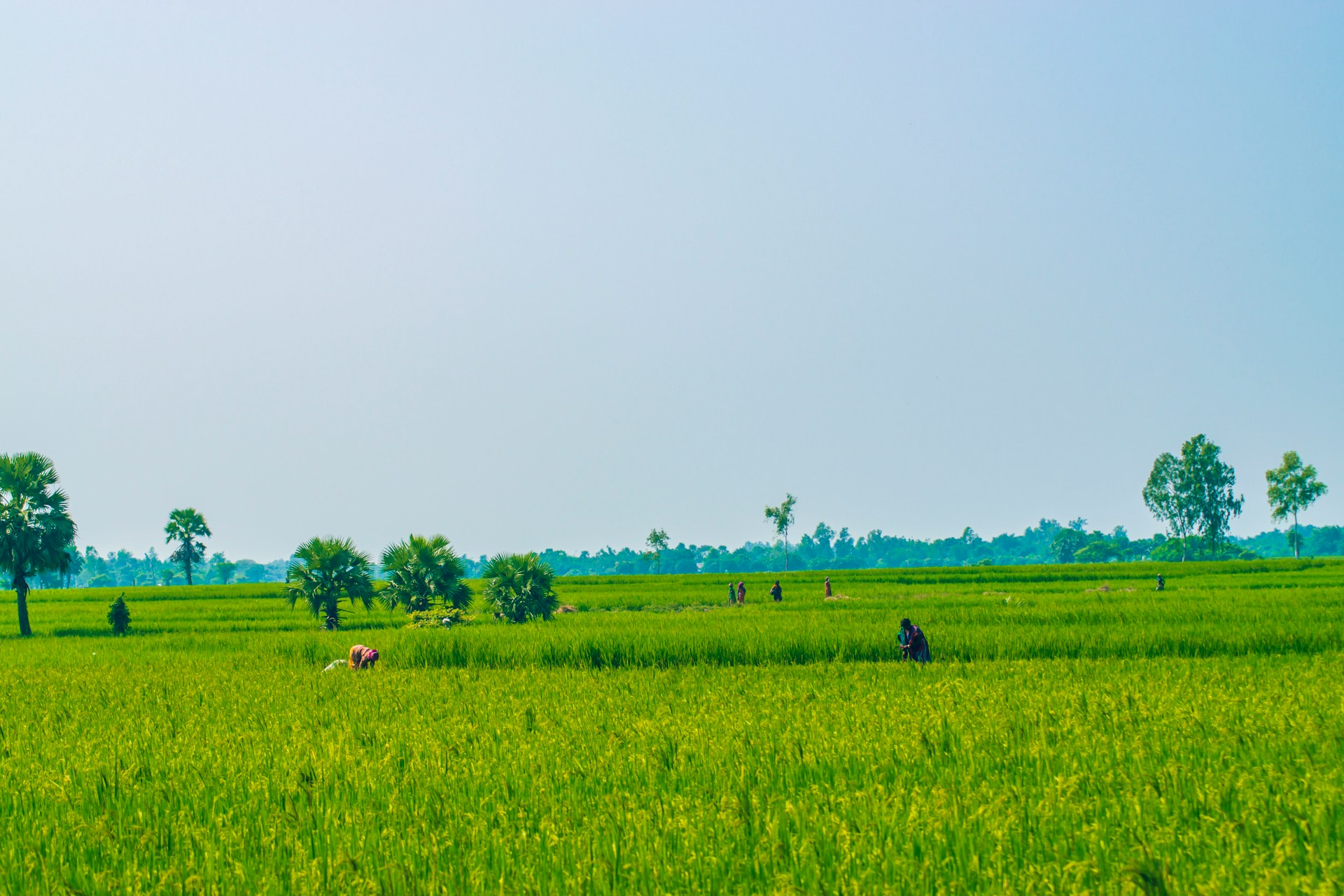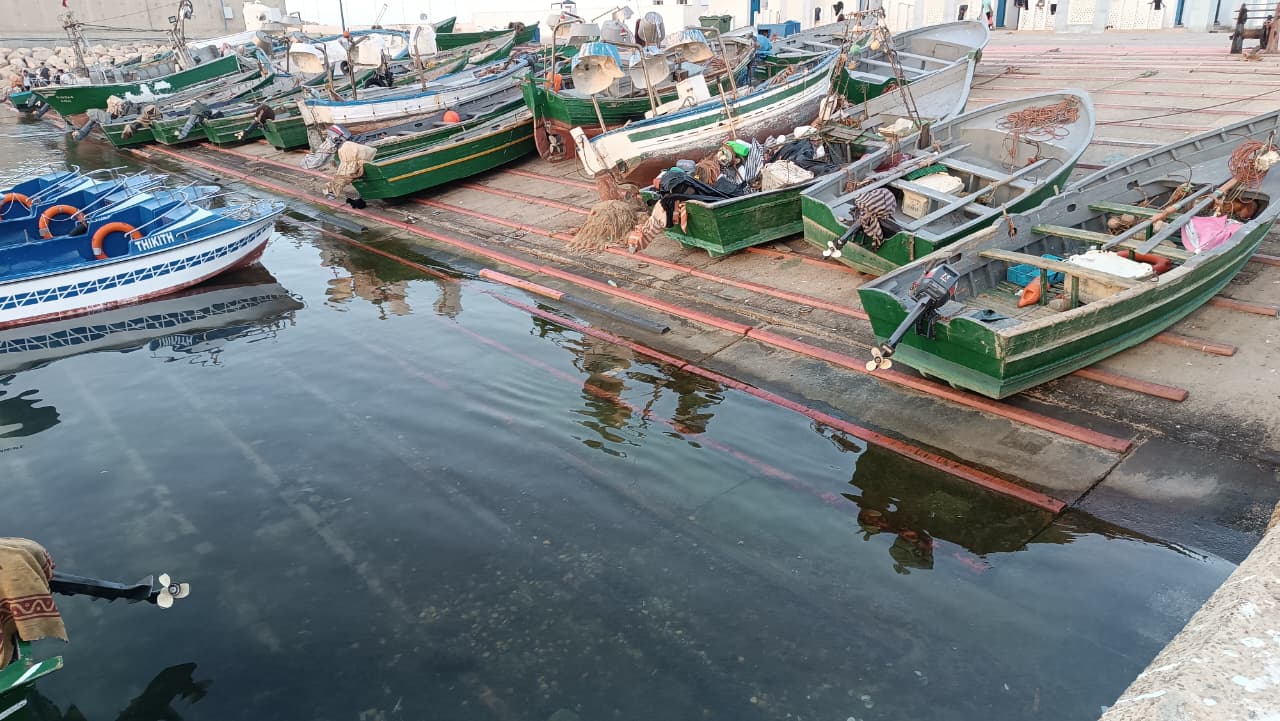Casablanca – Morocco’s upcoming co-hosting of the 2030 FIFA World Cup, alongside Spain and Portugal, is widely regarded as a landmark opportunity for the Kingdom to transform its economic landscape. Far beyond its significance as a global sporting event, the tournament is being positioned by government officials, business leaders, and analysts as a structural catalyst for long-term, inclusive, and sustainable development across multiple sectors of the Moroccan economy.
A strategic vision rooted in royal leadership
The Moroccan government has repeatedly framed the 2030 World Cup as part of a broader national strategy aligned with the vision of King Mohammed VI, who has emphasized the importance of strengthening Morocco’s economic sovereignty, social inclusion, and infrastructure modernization. At recent public forums, including the 8th edition of the Morocco Today Forum held in Rabat, senior officials reinforced the notion that the tournament represents more than a sporting milestone—it is a platform for accelerating transformation.
Prime Minister Aziz Akhannouch stated that the World Cup “is not merely an event but a lever and accelerator for strategic transformation.” He described the opportunity as a practical extension of Morocco’s collective ambition to solidify its role as a dynamic and globally engaged nation. According to Akhannouch, the government is actively working to translate this vision into measurable and integrated initiatives across transport, logistics, digital infrastructure, and social services.
Projected economic impact: Growth and employment
Preliminary economic modeling by Moroccan authorities forecasts significant financial benefits stemming from the World Cup. The Ministry of Economy and Finance estimates that the event could contribute an additional 1.7% to Morocco’s annual GDP growth and generate over 100,000 new jobs per year between now and the tournament in 2030.
These figures are based on anticipated investments in infrastructure, tourism, logistics, and services, as well as spillover effects on local economies. Minister of Economy and Finance Nadia Fettah Alaoui emphasized that these benefits must be broadly distributed: “The real challenge lies in turning this momentum into tangible outcomes that benefit all stakeholders, especially small and medium-sized enterprises.”
Fettah also noted that the World Cup is not only an economic opportunity for large companies with existing capacity, but also a chance for SMEs to scale up and play a central role in the transformation. She called for full participation from domestic businesses in both urban and rural areas to maximize the socio-economic returns of the tournament.
Infrastructure development and long-term assets
Preparations for the World Cup are already reshaping Morocco’s physical and digital infrastructure. Several new stadiums, transport corridors, and logistics hubs are either under construction or in advanced planning stages. These include enhancements to Morocco’s high-speed rail network, expansions of key airport facilities, and improvements to road and communication infrastructure across major cities and regional centers.
Government officials have stressed that these projects are not being pursued as temporary solutions for a one-off event, but rather as long-term national assets. “This is about building a legacy that will benefit future generations,” said Fettah Alaoui. She also underlined the role of sports infrastructure in promoting both economic activity and social cohesion.
Financial inclusion and digital transformation
The government sees the World Cup as a tool to deepen financial inclusion, particularly among artisans and informal workers, by expanding access to mobile banking and digital financial services. Investments in digital infrastructure are being paired with new legislative frameworks aimed at creating a secure, trusted environment for online services.
A new digital governance law, currently in preparation by the Ministry of Digital Transition, is expected to be submitted to Parliament in the upcoming session. The legislation is being developed in collaboration with cybersecurity and data protection agencies and aims to build trust between citizens and digital public services.
Minister Delegate for Digital Transition Amlal Falah Sagrouchni has highlighted the strategic importance of generative AI, cybersecurity, and mobile connectivity in ensuring that Morocco evolves into a digitally sovereign nation, prepared to meet the challenges of the 2030s and beyond.
Investor confidence and institutional coordination
The success of this broad transformation hinges on efficient coordination between ministries, public agencies, and the private sector. Speakers at the Morocco Today Forum stressed the importance of providing a clear and predictable economic environment to attract local and foreign investors. The forum called for governance models based on transparency, accountability, and inclusiveness.
The Moroccan government has stated it possesses untapped financial instruments that can be mobilized to support these efforts. With the right coordination and execution, officials argue, the World Cup can mark the beginning of a sustained development trajectory rather than a temporary economic boost.
As the countdown to 2030 continues, Morocco is positioning itself not just as a World Cup host, but as a nation in transformation. The global spotlight offers an unprecedented opportunity to channel investment, deepen social inclusion, and build a more resilient, future-ready economy—an ambition that, if realized, could define the next chapter of Moroccan development.
















